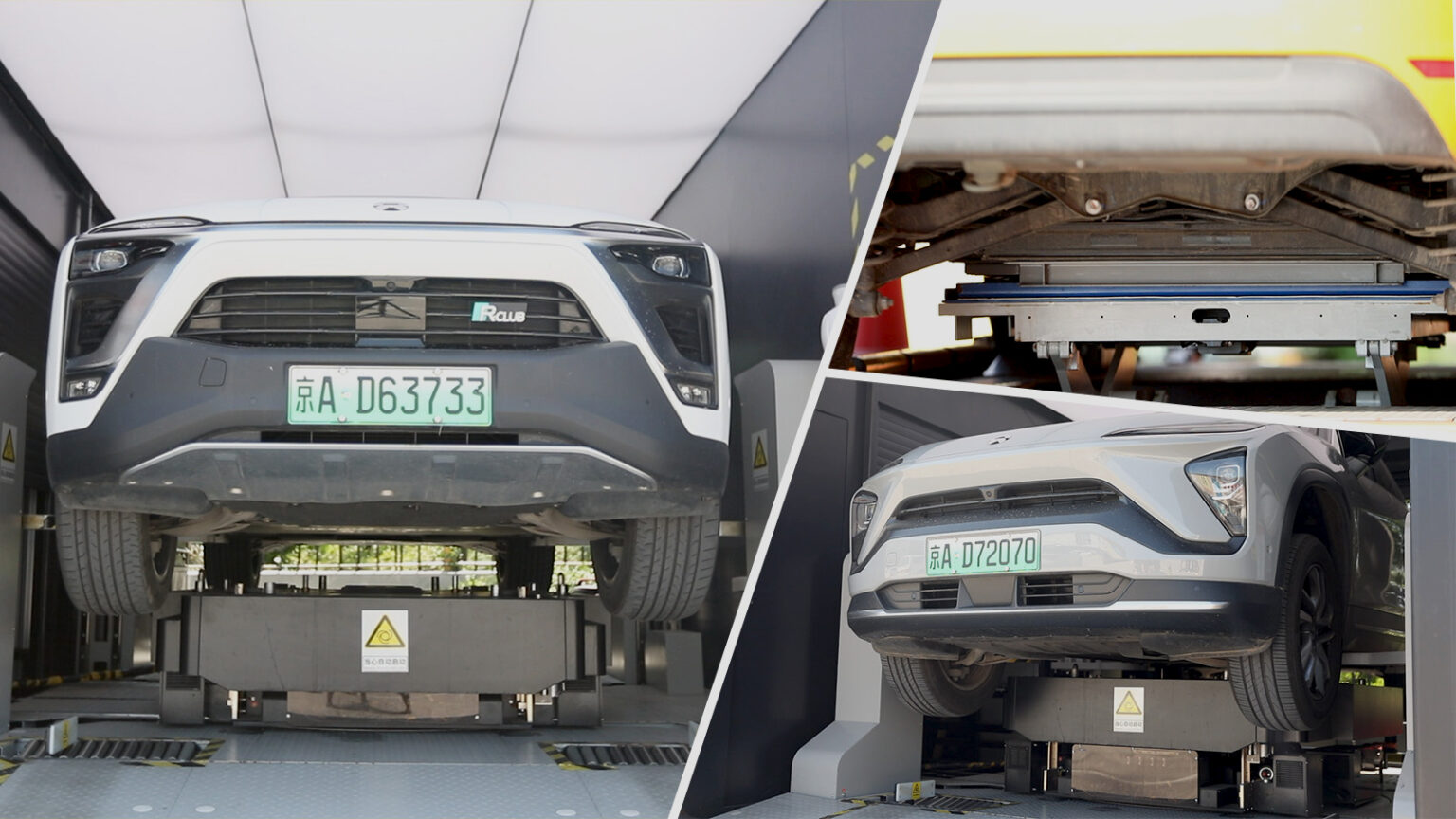EU energy security could be threatened again.

In a recent paper prepared for European Union (EU) leaders, concerns have arisen regarding the EU’s growing reliance on China for lithium-ion batteries and fuel cells, posing a potential challenge akin to the EU’s historical dependence on Russian energy supplies. This document, obtained exclusively by Reuters, is slated to take center stage during discussions on EU energy security at the forthcoming EU leaders’ meeting in Granada, Spain, scheduled for October 5th.
Amidst China’s burgeoning global influence and assertiveness, EU leaders are expected to deliberate over proposals put forth by the European Commission to mitigate risks stemming from excessive dependence on China and explore avenues for diversification, particularly toward Africa and Latin America.
One of the chief drivers behind this mounting dependency on battery technologies is the EU’s ambitious climate targets, including the achievement of net-zero carbon dioxide emissions by 2050. Meeting these objectives will necessitate efficient energy storage solutions for intermittent renewable sources such as solar and wind to achieve EU energy security.
The paper, crafted under the aegis of the Spanish EU presidency, underscores the imminent surge in demand for lithium-ion batteries, fuel cells, and electrolysers, a demand anticipated to multiply by ten to thirty times in the foreseeable future.
While the EU presently enjoys a commanding position in the intermediate and assembly phases of electrolyser production, boasting a global market share exceeding 50%, it remains substantially reliant on China for vital components like fuel cells and lithium-ion batteries, integral to the functioning of electric vehicles (EVs) which could pose a big threat to EU energy security.
The paper underscores that without the implementation of robust measures, the European energy landscape could potentially exhibit an undue reliance on China by 2030. Although the nature of this dependency may vary from its earlier dependence on Russian energy supplies, the ramifications could be similarly severe for EU energy security.
To grasp the potential impact, it’s crucial to recall that, in 2021, prior to the Russian invasion of Ukraine, the EU procured over 40% of its total gas consumption, 27% of oil imports, and 46% of coal imports from Russia. The abrupt cessation of these energy imports triggered an energy price shock within the EU, resulting in heightened consumer inflation and necessitating a significant increase in interest rates by the European Central Bank, thereby dampening economic growth.
However, the vulnerabilities spotlighted in the paper extend beyond lithium-ion batteries and fuel cells. It also accentuates the susceptibility of the digital technology sector to external dependencies. The document contends that “a parallel scenario could materialize within the digital-tech domain,” citing forecasts predicting a substantial surge in demand for digital devices such as sensors, drones, data servers, storage equipment, and data transmission networks over the next decade.
While the EU holds a relatively dominant position in certain domains, it exhibits notable vulnerabilities in others. Absent strategic initiatives to address these susceptibilities, foreign dependencies by 2030 could significantly obstruct productivity enhancements across European industries and service sectors and hinder the imperative modernization of agricultural systems required to combat climate change and threaten EU energy security.
In response to these concerns, EU leaders are set to explore strategies aimed at fortifying the region’s energy and digital resilience. Diversifying supply chains, stimulating domestic battery production, and fostering innovation in clean energy technologies stand among the potential approaches to curtail dependence on China. Additionally, the EU aspires to bolster partnerships with resource-rich regions like Africa and Latin America to secure alternative sources of critical materials and components.
The quest for EU energy security and reduced reliance on China mirrors a broader global trend. Nations and blocs worldwide are reevaluating their supply chain vulnerabilities and working diligently to safeguard pivotal sectors. Through proactive measures, the EU seeks to ensure a more robust and sustainable future while minimizing the risks linked to external dependencies.
In summation, the EU’s discussions on economic security in Granada represent a pivotal stride toward addressing the challenges posed by the escalating reliance on China for crucial technologies. As Europe progresses toward its ambitious climate targets, securing a dependable and diversified supply chain for batteries and digital technologies emerges as a vital imperative for long-term sustainability and global competitiveness.













